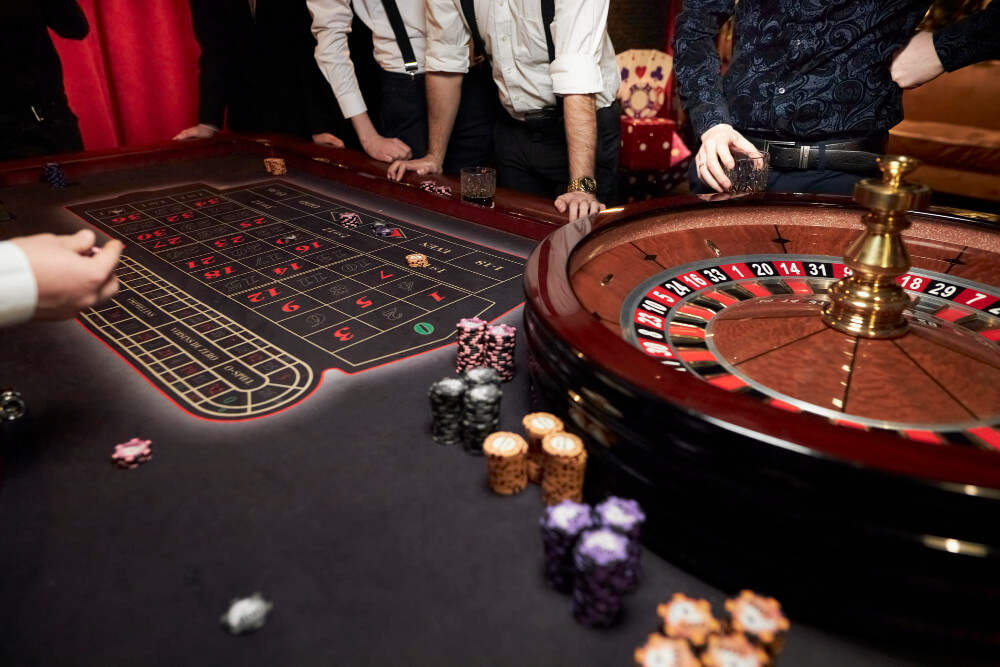The History of Roulette and How to Play

Roulette is one of the most iconic and beloved casino games, known for its elegant wheel, thrilling gameplay, and rich history. In this blog post, we’ll take you on a journey through the fascinating origins of roulette and teach you how to play this timeless game like a seasoned pro. Get ready to spin the wheel and experience the excitement of roulette!
- The Beginner’s Guide to Playing Slots at Casinos
- How to Play Blackjack Like a Pro: Tips and Strategies
- Understanding the Odds: Best and Worst Casino Bets
Origins of Roulette
Roulette traces its roots back to 18th-century France, where the mathematician and physicist Blaise Pascal invented it. The game’s name, “roulette,” is derived from the French word “little wheel.” Initially, roulette was intended as an experiment in perpetual motion, but it soon evolved into a popular casino game.
The modern version of roulette as we know it today emerged in the late 18th century when the game was introduced in casinos across Europe. Over the years, roulette has become synonymous with sophistication, glamour, and high-stakes gambling, attracting players from all walks of life to its mesmerizing wheel.
How to Play Roulette
Now that you understand the history of roulette let’s dive into how to play this classic game:
Objective: The roulette objective is to predict which numbered pocket the ball will land in after the wheel is spun.
The Roulette Wheel: The roulette wheel consists of numbered pockets alternating between red and black colors. The numbers are arranged in a non-sequential order, with a single zero (European roulette) or both single and double zeros (American roulette).
Placing Bets: Before the wheel is spun, players place their bets on the roulette table, which features a grid of numbers and other betting options. Players can bet on individual numbers, groups of numbers, colors (red or black), odd or even numbers, or high or low numbers.
The Spin: Once all bets are placed, the dealer spins the roulette wheel in one direction and the ball in the opposite direction. As the wheel slows down, the ball eventually rests in one of the numbered pockets.
Payouts: Winning bets are determined based on where the ball lands on the wheel. The payouts vary depending on the type of bet placed and the odds of winning.
Tips for Success
While roulette is a game of chance, there are some strategies and tips that can help improve your chances of winning:
- Stick to Outside Bets: Outside bets, such as betting on red or black, odd or even, or high or low numbers, have better odds of winning than inside bets on specific numbers.
- Manage Your Bankroll: Set a budget for your roulette session and stick to it. Avoid chasing losses or betting more than you can afford to lose.
- Know the Odds: Familiarize yourself with the odds and payouts for different bets to make informed decisions when placing your wagers.
- Play European Roulette: If possible, choose European roulette over American roulette, as it has better odds due to its single zero wheel.
Conclusion
Roulette is a timeless game with a rich history and timeless appeal. Whether you’re a beginner or a seasoned player, understanding the origins of roulette and mastering the rules and strategies can enhance your enjoyment of the game and increase your chances of success at the tables. So place your bets, spin the wheel, and let the excitement of roulette take you on a thrilling journey of chance and fortune.
